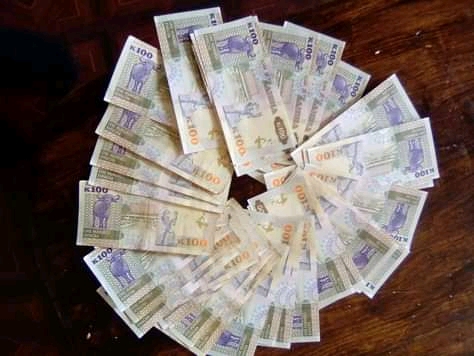By: Charity Mbasela
The uncontrollable free fall of Zambian Kwacha (currency) has triggered a sharp rise in the cost of living. Commodities such as bread, cooking oil, vegetables among others have become highly expensive for a common Zambian to afford them.
The country’s currency has continued depreciating because of numerous factors including huge public debt, government corruption, Covid-19, ever falling prices of copper at the London Metal Market. The southern African landlocked country that largely depends on imports from neighboring countries is slowing turning into a banana state with high unemployment burden for graduates and an increase in political thuggery.
In January this year, the Jesuit Centre for Theological Reflection (JCTR) expressed concern at the increasing cost of living when it reported that high inflation and lack of proper planning on the country’s economy had pushed the cost of living to K8, 400.
JCTR is an organization run by the Catholic church and it has placed highly on researching on economic issues in the country.
Being an election year, the rising cost of living is likely to be consequential to the August 12 general elections in which Zambians will elect the country’s next president including members of parliament, mayors and counselors. Stakeholders have repeatedly called on government to prioritize addressing the economy on its agenda of leadership.
Zambia should prioritize local production in effort to control currency depreciation.


